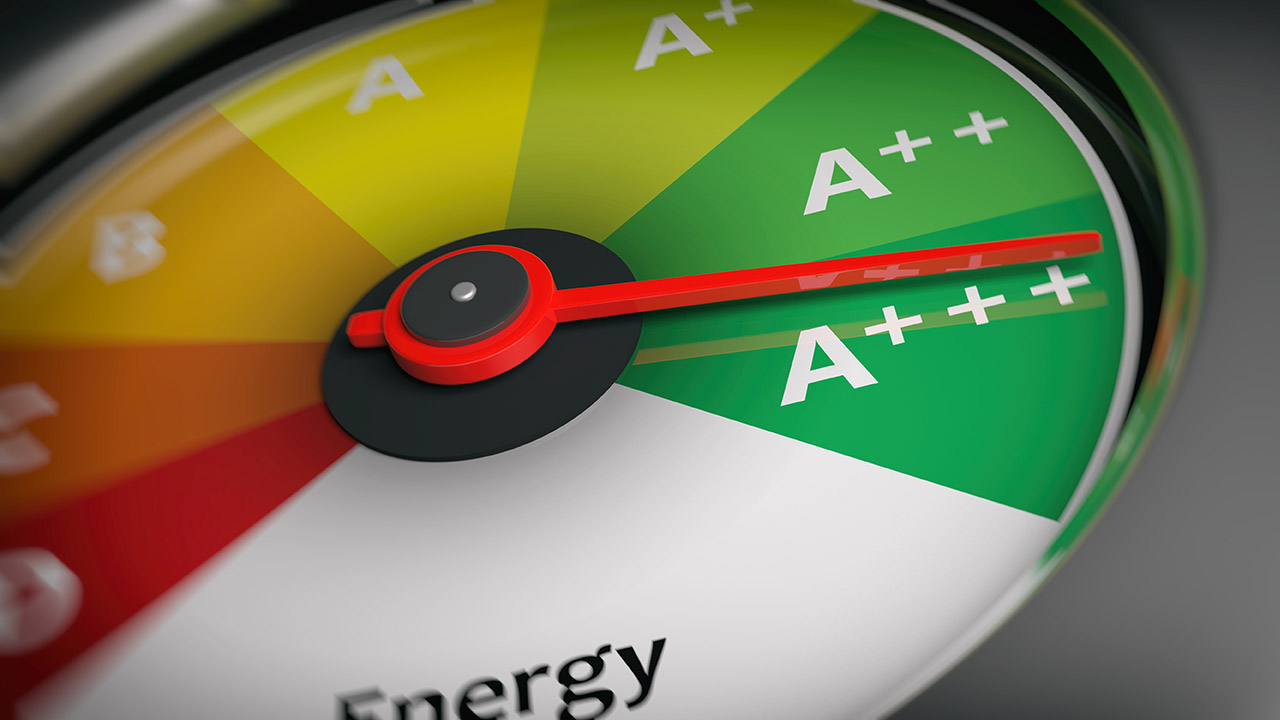How "Energy-Efficient" is Your Home? Here’s How to Find Out

There are tons of things that you can do to save energy in your home, from turning off the faucet when brushing your teeth, shutting off the lights when no longer in use, and letting your laundry air-dry rather than using the dryer.
But there’s only so much you can do to save energy – and money – if your home is not as energy-efficient as it could be.
The thing is, how can you find out the level of energy efficiency of your home? Identifying this will help you make the necessary changes that could make your home much more efficient so you’re not using more energy than necessary to operate it.
Get a Home Energy Audit Done
An energy audit will provide you with a lot of insight into your home’s level of energy efficiency. While it will tell you how the home was constructed, it won’t tell you how it’s used. So, if you have a habit of leaving the lights on all over the house or turning up the A/C day and night, you’ll likely have a really high energy bill, even if the home is actually an efficient one.
Having a home energy audit done can help you pinpoint where your property is losing energy and how to rectify it to make your home more energy efficient. Your home’s HVAC system, ductwork, insulation, and windows and doors will be inspected to see if they are sources of lost energy.
These assessments will show you issues that you can correct that will inevitably save you a ton of energy and money over the long haul.
Professional Energy Audit
While you may conduct an energy audit on your own, having it professionally done is the best way to go to identify areas in your home that are losing energy. Making the recommended upgrades can end up saving you a lot of money and improve the level of comfort of your home.
Energy auditors are very thorough in their inspections and will examine each room in the home one by one. They’ll conduct any number of tests to help detect heat loss and air leakage, including a blower door test and thermographic scan.
The auditor will want to look at your past utility bills to see where problems may be lurking and what to look for during the audit. They’ll measure all sorts of components of your home, including the windows, floor space, and insulation. The type and age of your HVAC appliances and water heaters will be assessed, and the condition of your home’s ductwork will be noted.
The Home Energy Score
Once the audit has completed (which should take anywhere between an hour or two), you’ll be given a report with a score between 1 to 10. A score of 10 means your home is among the top 10% in energy efficiency across the U.S., while a 1 means your home uses up more energy than 85% of homes in the country.
The report will stipulate specific recommendations to boost your home’s efficiency level. It will also tell you how much you can potentially save after these improvements are made.
Most home energy audit companies will provide you with the Department of Energy’s Home Energy Score (HES) which offers a standardized process to calculate the energy efficiency of a home. This will make it a lot easier to compare homes, regardless of their different style, age, or location. The HES offers an objective way to compare one home’s energy use with another using the same standards for all property assessments.
The Bottom Line
Knowing how much energy your home uses to operate can give you a clear indication of where you can make improvements to save a bundle of money in utilities every year. The upfront costs associated with having this energy audit conducted and making the necessary improvements can be paid off relatively quickly in annual utility savings. Do the environment and your pocketbook a favor and make your home as energy-efficient as possible.